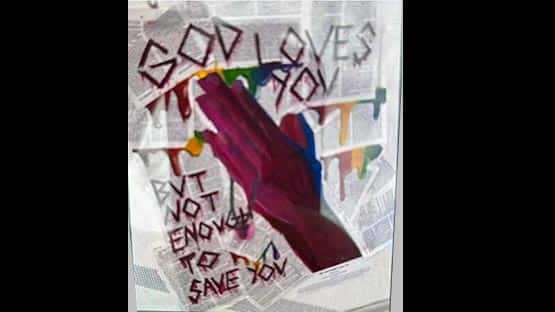
The human psyche is dual – it has a feminine and masculine principle (anima and animus). Therefore, when we choose a partner, we actually fall in love with our own projections, reflected in the character of our soul mate. As we develop a deeper level of affection, unconscious feelings, and fears that we deny starting to come to the surface. A person should work hard to overcome them. That’s why true love must go through many tests to move to the next level (unless both partners enter into a relationship at a mature age). But first things first. How is love born? Let’s consider the main stages of a relationship.
1 stage. Search for a partner
A few generations ago, people approached this stage of the relationship more consciously. Parents chose the future spouses for their children after evaluating their income, social status, talents, and “competitiveness in the market”. The man had to prove to the parents of his future wife that he was wealthy and responsible enough to support his family. Meanwhile, women seeking men were assessed based on their appearance, ability to conceive and bear a child, household skills, and lineage. However, these traditions are no longer relevant. Usually, we are guided by instincts: passion, sexual compatibility, or the desire to have kids with a partner. This may result in rare dates before sex and a shotgun wedding, which is not a very mature decision.
2 stage. Getting to know each other/falling in love
At this stage of the relationship, people start to develop affection. The girl finds the traits of “her own inner man” (animus) in her partner. A young man looks for the features of a perfect woman (anima) in his partner. Over time, both get tired of showing their best qualities. A Shadow (negative and traumatic experiences) comes to the surface. This “discovery” becomes the first test for feelings. Can you accept a partner with all his flaws and imperfections? In fairy tales, this moment is often described allegorically. The storyline introduces “the harbingers of separation” – the obstacles that lovers must overcome in order to be together.
3 stage. Satisfaction of unmet needs
At this stage, a man and a woman expect from each other emotions, actions, and deeds that they didn’t receive from their own parents (such as admiration, unconditional acceptance, love, and respect). Their wounded soul requires healing, a satisfaction of needs, and reclaiming unlived life. If the partner cannot compensate for the emotional deficit, his/her mind may start to works backward. A woman who had aggressive parents may find an aggressive partner to relive a painful scenario and learn to defend herself. A man who had an authoritarian mother will find himself a spouse with an identical character to free himself from the suffocating control. For the same reason, the victim attracts the tyrant, the child – the parent, and the rejected – the narcissist spouse.
At this stage of the relationship, painful experience helps to relive repressed emotions in order to let go of the past, develop the necessary qualities and grow as a person. If you go through this stage (i.e. change and receive recognition and love), your relationship will move to the next level. But if you fail, you may experience depression, disappointment, severe psychosomatic diseases, or an inevitable breakup. In the worst-case scenario, this stage involves a lot of negative emotions, heartache, and unmet expectations because the spouses haven’t learned their lesson, failed to reach their potential, and remained in a dark tower guarded by a terrible dragon.
4 stage. Getting rid of dependencies and projections
In fairy tales, this is the final episode when the lovers are reunited after all they’ve been through. In reality, this means liberation from unhealthy addiction. Partners start to see each other as real people instead of their fantasies, illusions, or parental projections. They recover confidence in themselves and in their partners. Both accept the relationship as it is and start to respect, love, care, and support each other.
The relationship becomes more conscious, mature, and independent. The partners respect the boundaries and don’t pressure each other. If the couple decides to break up, they remain friends. But usually, the newfound depth of a relationship liberates the spouses, makes them more courageous and self-confident, and gives a motivation for social realization. At this stage, love is no longer a purpose and meaning of life. Feelings recede into the background. Now, the spouses can start to realize their desires, supporting each other, and not worrying about external threats.
5 stage. Giving away excess resources
This stage comes when a man and a woman solve their conflicts, achieve success in their job, and satisfy their ambitions. The partners reach the top and move to a new level – they become “energy generators”, which means they can easily share benefits with others. Moreover, they already got enough of each other and know their value. They have accumulated a lot of love and warm feelings that they want to give to their children, grandchildren, or students. At this stage, families actively share their experiences and love. They help the sick and suffering, care for homeless animals or do something creative. In fairy tales, this stage is often described as receiving the highest award (the prince becomes the king; the Garden of Eden is created, etc.) Only mature people reach this level, but the path to it can take decades.
Story by Neil Morris










